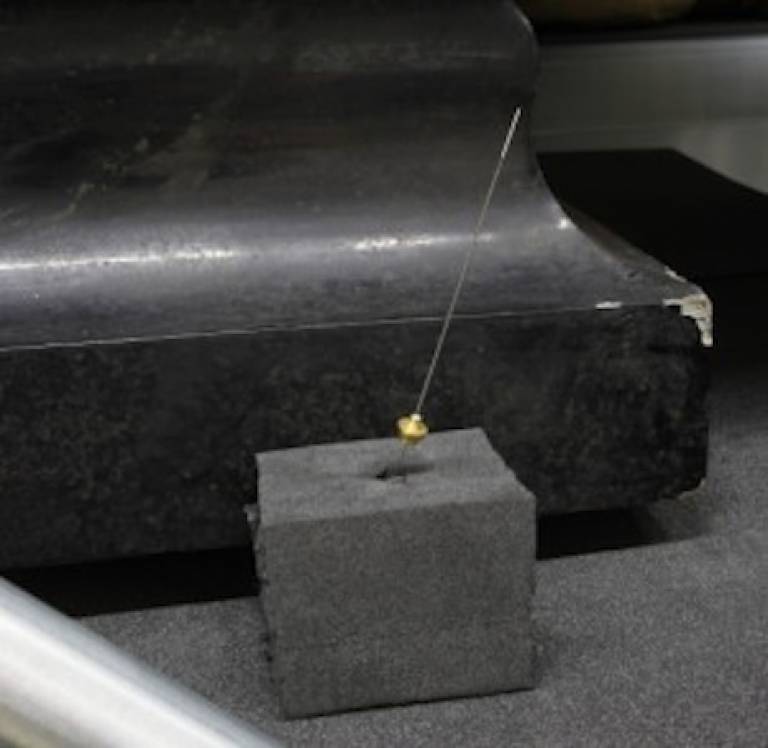Analysing Smelly Museum Stores
23 October 2014

Katherine Curran at the UCL Institute for Sustainable Heritage has recently completed some analysis for The Polar Museum at the Scott Polar Research Institute in Cambridge – to investigate a strange smell that they had noticed in one of their storerooms. The findings have helped their conservation staff understand the problem, and to take some practical measures to protect the objects in that store.
Volatile organic compounds (VOCs) are emitted from many historic artefacts made of materials such as paper, wood or plastic, as a result of material degradation over time. Some VOCs, particularly organic acids are known to accelerate the degradation of museum artefacts. As part of the Heritage Smells project, the UCL ISH have been studying VOC emissions from historic objects, and how they can be used to understand material composition and degradation.
During the summer Katherine Curran from the UCL ISH has been working with Sophie Rowe, a conservator at The Polar Museum, to understand a smell that Sophie had noticed in one of the museum stores. Using solid phase microextraction gas chromatography mass spectrometry (SPME-GC/MS), Katherine and Sophie worked together to identify seven different VOCs that were particular to the “smelly” store. These could have several origins – from degrading plastics or paper, from insect repellent used on some of the sledging boxes etc. The analysis was a joint effort – with Sophie placing the SPME fibres in the store room before posting them back to Katherine for laboratory analysis.
Although the source of the smell is still not clear, as a result of the analysis, Sophie will remove sensitive objects to a different store and start assessing the deterioration of plastic objects to see if any need to be isolated from the rest of the artefacts in the store.
For more details, read Sophie’s blog at:
http://www.spri.cam.ac.uk/museum/news/conservation/
Image: SPME fibre
 Close
Close

